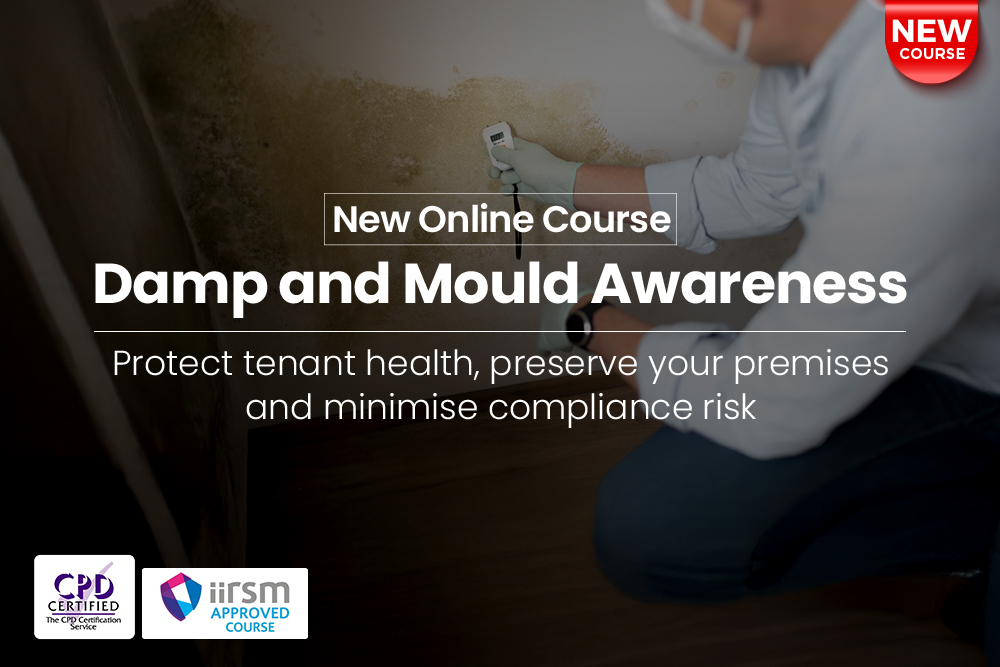
Acrophobia is a specific phobia characterised by an intense fear of heights. It is a common anxiety disorder that affects many of us.
People with acrophobia often experience extreme anxiety, panic attacks and avoidance behaviours when exposed to heights or even the thought of being at a height.
Understanding the causes and symptoms of acrophobia can help those living with the condition choose the right support and treatment. Our guide explains what’s commonly behind this fear of heights and what you can do if your phobia’s holding you down.
What Makes a Fear a Phobia
Phobias are a type of anxiety disorder. They’re distinct from fears because of the intense reactions they trigger.
Sometimes, phobias are described as irrational because the source of fear can be something others might see as harmless, such as glossophobia (the fear of public speaking).
But most phobias are linked to something that can actually threaten us. We fear social embarrassment because the prehistoric part of our brains equates it to rejection and dwindling chances of survival. So, the fear of public speaking isn’t entirely irrational.
Other common causes of phobias – spiders, snakes and enclosed spaces, for example – are also triggered by something that could realistically cause us bodily harm. The fear of heights is no exception.
Most of us feel uneasy at a significant height, particularly if drops or cliffs are unguarded. But we’d be able to maintain our composure and think through the situation rationally. Someone with acrophobia couldn’t.
They would experience a persistent sense of dread and a disproportionate sense of fear no amount of logic or reassurance could undo. It’s this elevated fear response that characterises all phobias.
Some phobias are considered more disabling than others, however. This distinction creates two categories: specific phobias and complex phobias.
Specific Phobias
Acrophobia is an example of a specific phobia.
Specific phobias (also called simple phobias) are associated with a single object, animal or experience, such as being at height.
They typically develop during childhood and some sufferers find they fade with age. Others will need treatment or therapy to overcome them.
Complex Phobias
Complex phobias are more severe and interfere with daily life.
They typically develop after childhood and are triggered by more complicated situations or experiences.
For example, agoraphobia (one of the most common complex phobias) is sometimes reduced to a fear of open spaces. For someone living with agoraphobia, it’s not this simple. They fear the exposure and difficulty of escaping open spaces, not the spaces themselves.
Symptoms of Acrophobia
Understanding these symptoms can help you recognise if you’re experiencing acrophobia. It’s also important to seek professional help if you find these symptoms are interfering with your daily life.
Physical Symptoms
When faced with heights or situations involving heights, you may experience various physical symptoms triggered by acrophobia. These symptoms can include:
- Rapid heartbeat and increased heart rate
- Shortness of breath or difficulty breathing
- Sweating and trembling
- Nausea or dizziness
- Chest pain or tightness
These physical signs are the body’s natural fear response and many people feel them to some degree when at a significant height. But the duration and intensity of these symptoms will be more severe if you’re suffering from acrophobia.
Psychological Symptoms
Acrophobia also has psychological effects, which can be triggered by just thinking about heights.
Common psychological acrophobia effects include:
- Intense fear or panic when exposed to heights
- Feelings of dread or impending doom
- Overwhelming anxiety or nervousness
- Difficulty concentrating or thinking clearly
- Irritability or restlessness
Behavioural Symptoms
The fear of heights can also lead to specific behavioural symptoms. These symptoms may include:
- Avoidance of heights or situations that involve heights
- Difficulty or refusal to go to high places
- Excessive worry or preoccupation with heights
- Dependence on others for support or reassurance in height-related situations
These behaviours can affect your ability to engage in certain activities or enjoy experiences that involve heights. If you find your acrophobia is limiting your quality of life, it’s vital to seek professional help.
Causes of Acrophobia
The medical community is still debating what causes phobias in general, but there are credible theories.
Some researchers consider specific phobias as learned behaviours that develop during childhood. It’s thought that seeing a parent or sibling experiencing an intense fear of something can instil the same response in you.
Other theories connect specific phobias to traumatic experiences, typically experienced at a young age. If the trauma is associated with heights in some way, it can manifest later in life as acrophobia.
There’s also a potential genetic factor at play. Some people may be born with a predisposition to phobias.
Diagnosing Acrophobia
Acrophobia can be medically diagnosed as a mental health condition, but self-diagnosis is more common. The intense feelings it triggers are usually enough of a sign.
But a professional diagnosis can be helpful if your acrophobia is interfering with your daily life. Your GP can refer you for specialist treatment or talk therapies.
What Kind of Heights Are People with Acrophobia Afraid Of?
People with acrophobia may fear a wide range of heights, with some being more sensitive to specific heights than others. While some might only feel uneasy in extreme situations, others might experience intense fear even at relatively low elevations.
However, people generally experience acrophobia at higher heights. Common sources of fear include:
- Cliffs and mountain edges
- Bridges
- Tall buildings and rooftops
- Stairs and escalators
- Theme park rides
- Plane journeys
How is Acrophobia Treated?
Fortunately, there are various coping strategies and treatment options available if you’re struggling with acrophobia. These include:
- Cognitive-behavioural therapy (CBT): This therapy focuses on identifying and changing negative thought patterns and behaviours related to heights.
- Exposure therapy: Gradual exposure to heights in a controlled and safe environment can help you overcome your phobia.
- Medication: In some cases, medications such as anti-anxiety medications or beta-blockers may be prescribed to manage symptoms.
- Relaxation techniques: Techniques like deep breathing, meditation and mindfulness can help reduce anxiety when confronted by the thought or experience of being at height.
Mental Health Training
It’s essential to develop effective coping strategies even if you can live with your acrophobia. Because living with acrophobia is accepting anxiety and the limitations it imposes.
Mental health courses can help you develop healthy techniques and habits to manage your anxiety. Our training programmes help overcome the stigma surrounding mental health conditions and offer practical strategies for addressing these issues.
























































































































































































































































































































































































































































































































































































































































































































































